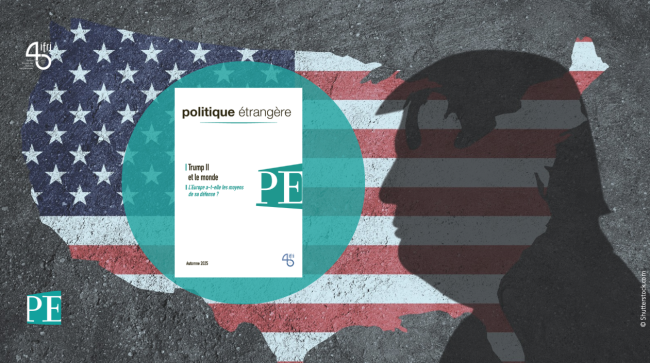Obama's Second Term: The Process of Building Global Leadership

The second term of Barack Obama’s presidency has introduced new Foreign Policy leadership that suggests changes for the future. The White House will likely centralize foreign policy making and the Treasury Department may play a bigger role in the country’s global engagement. Despite new policy direction, no framework for the strategic renewal of U.S. global leadership has emerged.
As of early June 2013, U.S. President Barack Obama’s second term foreign policy team is taking shape. At the highest levels, this new team is what might have been expected in Obama’s first term, but for the bold and somewhat unexpected pick of Hillary Clinton (who then brought many of her own people with her) as Secretary of State in January 2009. At the White House and in his cabinet, Obama is now surrounded by his closest advisors from the 2008 election campaign. In contrast, within Secretary John Kerry’s State Department, a number of career diplomats not linked personally or politically to either the president or the secretary of state have been nominated for positions at the assistant secretary level. While “reading the tea leaves” of personnel appointments can be at times misleading, these appointments do offer some insight into the personalities and direction of Obama’s second-term foreign policy.
The new team Obama is assembling suggests two significant structural shifts and three important substantive directions for the United States’ foreign policy over the remaining three and a half years of his presidency and, perhaps, for U.S. global leadership going forward. Structurally, foreign policymaking under this new team is likely to move significantly from the State Department to the White House, with the former playing a much-diminished role in the second term. Second, the personalities suggest a new relationship between the Secretary of State and the new national security advisor, Susan Rice, one that may at times lead to public disagreement.
Download the full analysis
This page contains only a summary of our work. If you would like to have access to all the information from our research on the subject, you can download the full version in PDF format.
Obama's Second Term: The Process of Building Global Leadership
Related centers and programs
Discover our other research centers and programsFind out more
Discover all our analysesBrazil One Year Away from the October 2026 General Elections
Brazil’s general elections will be held on October 4, 2026, to elect the president, vice-president, members of the National Congress, governors, deputy governors and state legislative assemblies. For the presidential and gubernatorial elections, a second round will be held on October 25 if no candidate obtains a majority of the votes in the first round.
Trump II: The Clash of Ideologies
The second Trump administration brings together a number of very different, even opposing, ideologies: far-right populism, the reactionary Christian right, paleolibertarianism, and technolibertarianism. The most visible measures taken since Donald Trump's return to the White House have been populist in nature, with the president's authority strengthened, checks and balances weakened, a form of identity politics embraced, and economic nationalism implemented.
Water in Mexico: an Emergency that Will Wait
Access to water is already and will become increasingly problematic for Mexican economic actors due to the progressive scarcity of the resource resulting from climate change, a geographical distribution that does not coincide with that of the population or economic activity, and management that has so far been far too lax.
Donald Trump v. the States: the Case of New York
While the disruptive policies of the second Trump administration are being implemented at the federal level and on the international stage, they are also being felt in the federal states and major cities across the country. In the spring of 2025, several cases involving the state and city of New York demonstrate that the president’s attacks on environmental protection, the separation of powers, freedom of speech, etc., are also being carried out at the local level.










